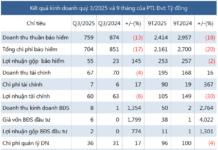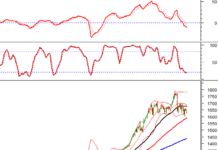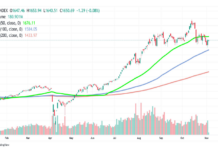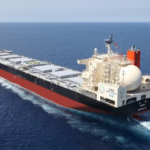
Illustrative Image
Turkey’s largest oil refineries are ramping up imports of non-Russian crude oil in response to the latest Western sanctions against Russia, according to two direct sources and industry insiders who spoke with Reuters.
Turkey stands as one of the major buyers of Russian crude oil, alongside China and India. However, in light of tightened export restrictions on Russian oil by the United States, the European Union (EU), and the United Kingdom, Turkish refineries have begun diversifying their supply sources.
Among these, the SOCAR Aegean Refinery (STAR), owned by Azerbaijan’s SOCAR, recently purchased four non-Russian crude oil shipments from Iraq, Kazakhstan, and other countries for December delivery. These imports equate to 77,000–129,000 barrels per day, signaling a reduction in Russian crude usage compared to the 210,000 barrels per day recorded in September and October, as per Kpler data. One shipment from Kazakhstan matches the quality of Russia’s Ural grade but is sourced from Kazakhstan.
Another major Turkish refinery, Tupras, is also increasing purchases of non-Russian oils comparable to Ural grade, including Iraqi crude. One source indicated that Tupras may halt Russian oil imports entirely at one of its facilities to maintain fuel exports to Europe without falling afoul of impending EU sanctions, while the other facility continues processing Russian crude.
Additionally, Tupras has diversified its supply chain this year, receiving its first crude oil shipment from Brazil and preparing for a second from Angola in early November.
According to Kpler data, Turkey is expected to import 141,000 barrels of Iraqi crude daily in November, up from 99,000 barrels per day in October and an average of around 80,000 barrels per day in 2025. Total crude imports from January to October averaged approximately 669,000 barrels per day, with 317,000 barrels per day (47%) originating from Russia, an increase from the same period last year.
Turkey currently ranks as Europe’s largest buyer and the second-largest importer of sea-transported Ural crude after India. Earlier this year, Turkey’s Tupras temporarily halted Russian oil purchases when Ural prices exceeded the Western-imposed cap of $60 per barrel. Imports resumed once prices fell below this threshold. However, in July, the EU and UK tightened restrictions further by lowering the price cap to $47.6 per barrel, complicating transactions.
Source: Reuters
Russia’s Gas Woes: Europe’s Last Lifeline Prepares to Shift Allegiance, Turning to U.S. Supplies as Lucrative 22 Billion m³ Annual Contract Nears Its End
The United States swiftly targeted Europe’s lucrative energy market with competitively priced LNG, offering an attractive alternative to traditional sources.








































